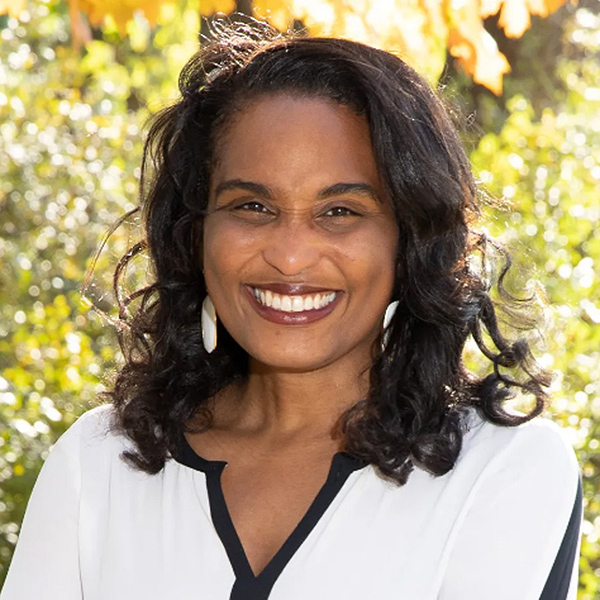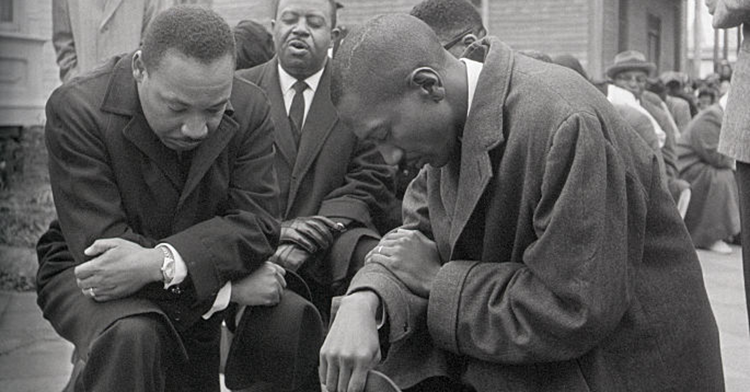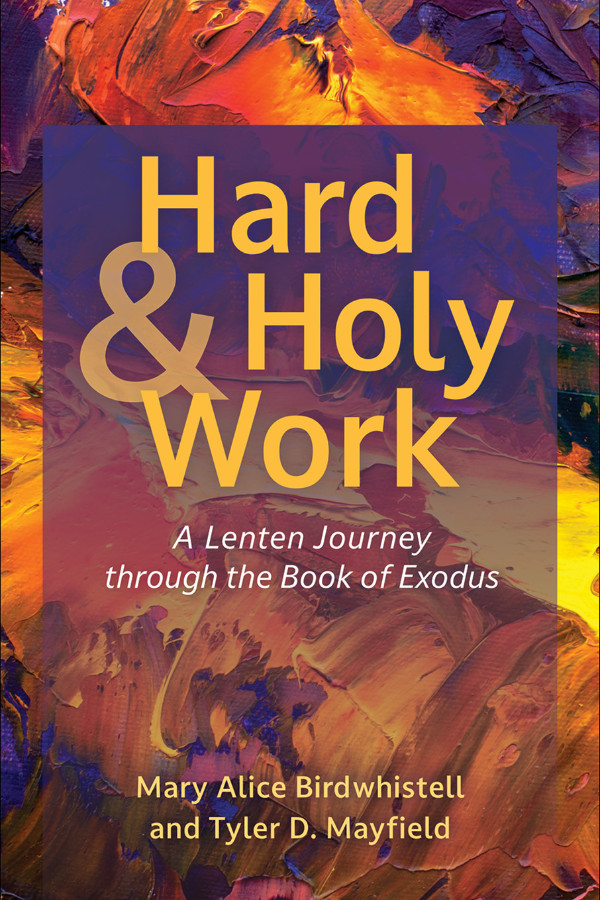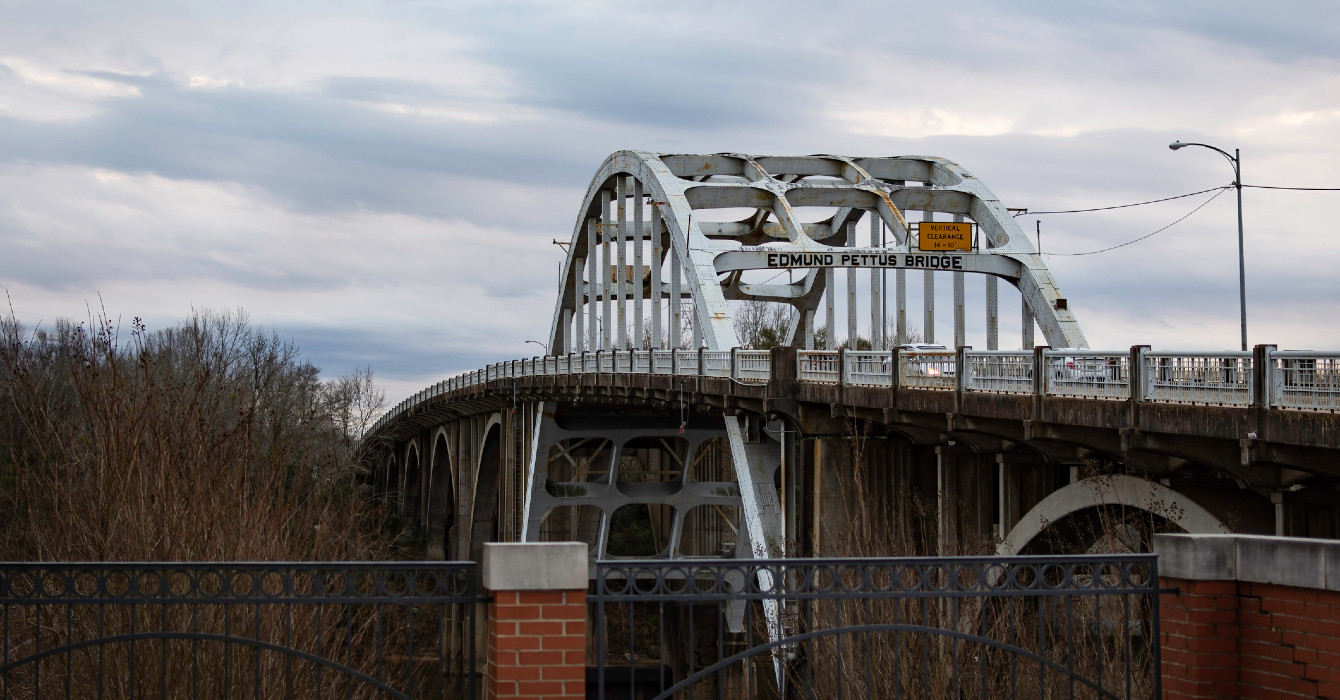At the Egyptian Immigration Office, approximately 3 B. C., a middle-aged man, his young wife and their infant son sit in uncomfortable wooden chairs across the desk from an immigration official. The official shuffles through stacks of papers and files.
Immigration Official: Your name?
Man: Davidson. Joseph Davidson.
Official: What is the name of your country, and your hometown?
Man: We are from the land of Palestine, the village of Nazareth.
Official: Just the two dependents?
Man: What? Oh, yes. My wife, Mary, and our baby, Jesus.
The official makes an effort to look up for a moment from the file, forces a smile at the woman and child.
Official: Reason for wanting to immigrate to Egypt at this time?
Man: Well, you see, King Herod, our ruler, is slaying the infants in our country because he’s afraid that one of them will grow up to become the Messiah.
Official: Messiah?
Man: King of the Jews. It’s a Jewish prophecy.
Official: I see.
The official swivels in his chair, pulls a fat volume from the small bookcase behind his desk and begins leafing through it.
Official: So, if I understand you correctly, you are leaving your country of origin for political reasons and are seeking asylum here on the grounds that if you return home you will be persecuted. Is that the long and short of it?
Man: Well, yes, I suppose. I’m not sure we thought of it quite that way.
Official: Mr. Davidson, are you or aren’t you leaving your country to escape persecution by the political leadership?
Man: Yes, I suppose so.
The official continues his search through the thick book of regulations.
Official: Now, let me see. I need to check our current immigration policies regarding King Herod’s domain. They change from time to time, according to the political climate and so forth. I seem to remember a bulletin . . . Hello! Well, now. There’s a problem.
He closes the volume with a flap and a thud.
Man: A problem?
Official: Yes. It seems our current administration here in Egypt considers Herod an ally. Officially there is no political repression taking place under his rule.
Man: What? I just told you that if we return our child will be killed.
Official: That is as may be. Here’s the thing. Our government is apparently engaged in negotiations with your government over a rather sensitive trade agreement. So, for now at least, your country and our country are close and trusted friends. We need Herod’s support. So we are not accepting political refugees from your country at this time. In fact, officially we do not recognize that there are any political refugees from your country. Sorry. Application for political asylum denied.
Man: But I thought -- just a moment ago -- didn’t you classify me as a political refugee?
Official: I almost did. But that was before I looked at the regulations and the memo on administration policy and discovered that there are only economic refugees coming from your homeland these days and no political refugees. And, I must inform you that because of our strict quota system for work visas, we cannot allow you to enter Egypt at all. We need no more – umm what was it you do? Ah, here it is – we need no more carpenters. You’ll have to return to Nazareth.
Man: But if we go back they will kill our baby. Maybe all of us.
Official: Again. Sorry. We simply cannot accept you here. There are more important things at stake between great nations than the survival of one baby. We’ve treaties to negotiate, wars to wage, and a fragile peace to keep with Rome. If we let you in, we would be telling the whole world that Herod is a tyrant and that we are supporting something that is insupportable. I’m sorry, Mr. Davidson. I’m sympathetic. I’m a family man as well. But I have a job to do. The law is the law. You’ll have to return to Nazareth.
Man: Is there no place else we can go?
Official: Well, the word is that India is taking refugees from almost anywhere. You might try them. By the way, how much would you take for that box of frankincense?
Michael Jinkins is Academic Dean and Professor of Pastoral Theology at Austin Presbyterian Theological Seminary in Austin, Texas.







